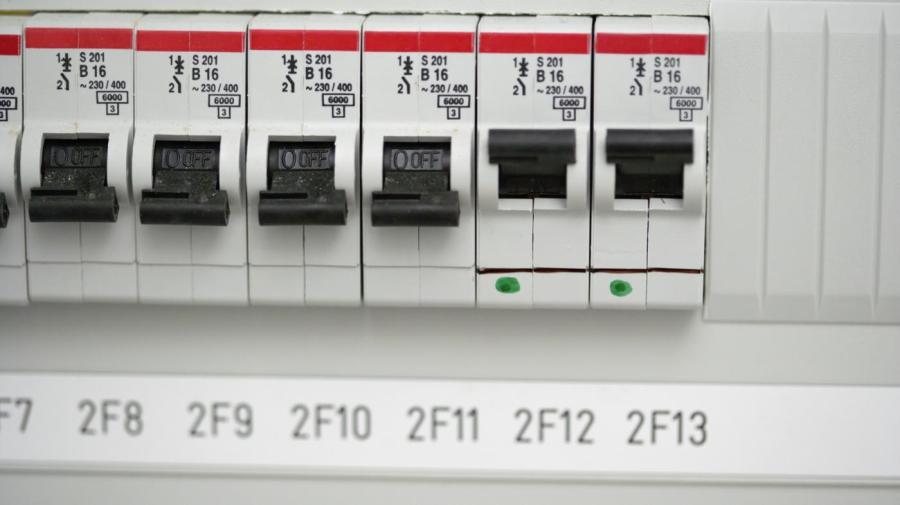What Happens When a Circuit Becomes Overloaded?
Follow Us:
Twitter

When a circuit becomes overloaded it breaks the circuit breaker, if there is any (also known as blowing a fuse). Without a circuit breaker the insulation on the wire could heat up, melt and short the conductors, which could possibly create a fire.
An electric circuit overloads when the current becomes greater than the circuit’s design capacity can withstand. Circuit overloads can also be caused by loose or corroded wires and connections. A small overload may be tolerable for a certain amount of time, but a larger overload is only tolerable for a short period and may damage the whole circuit.





